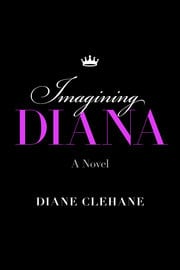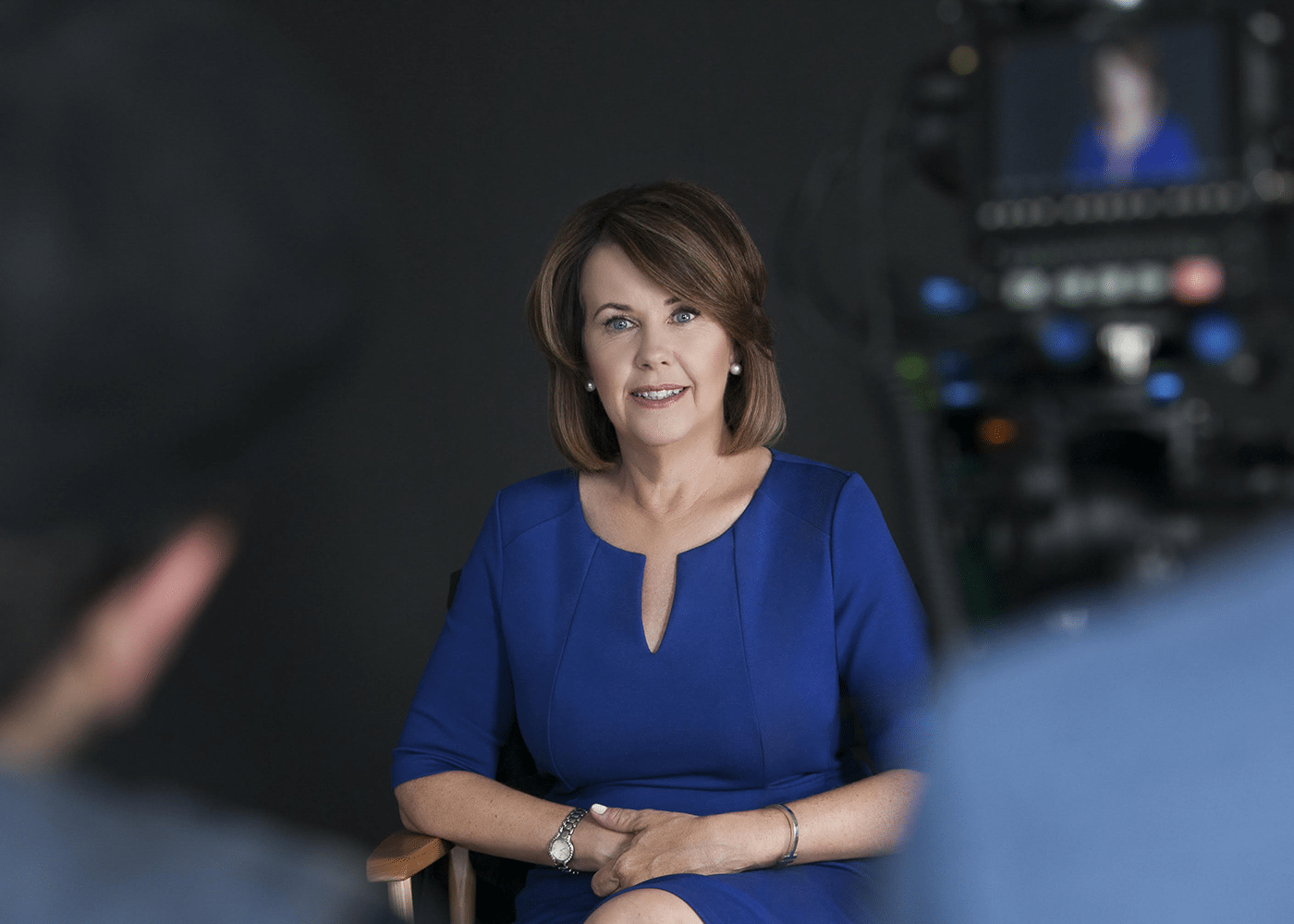 As the world marks the anniversary of the death of Princess Diana, there have been many tributes, from documentaries to biographies. But only one book—penned by Greenwich resident Diane Clehane—asks what would have happened had Diana survived that tragic Paris accident.
As the world marks the anniversary of the death of Princess Diana, there have been many tributes, from documentaries to biographies. But only one book—penned by Greenwich resident Diane Clehane—asks what would have happened had Diana survived that tragic Paris accident.
Clehane has covered pop culture for many years, with her work appearing in Vanity Fair, Forbes, Gotham and People magazines. Currently, she writes a popular weekly column for Adweek, where she lunches with various people of note at the iconic Michael’s restaurant in Manhattan. But the journalist, who has interviewed everyone from Jon Hamm to Meryl Streep, says it’s the royal family—and in particular, Princess Diana—who has captivated her attention for the past two decades.
Years after penning a 1998 bestselling book, Diana: The Secrets of Her Style, Clehane interviewed Diana’s brother, Charles Spencer, for her Michael’s column, and realized her interest in the princess was still strong. “I’ve interviewed a lot of very famous people, but I have always felt she had this positively incredible star quality that drew people to her. The more we got to know her, and the struggles that she had, the more she became relatable,” says Clehane. “What I had learned writing the fashion book was that she was an even more compelling personality than I had originally realized. In the years since her divorce, I felt she was doing such interesting things, with her landmine work, and she spoke candidly about finding a new role. She was on the cusp of reinventing herself.” Imagining Diana looks squarely at the possibilities of reinvention for Diana, were she still with us today. Recently, Serendipity sat down with Clehane to talk about this unique project.
What was your experience like, writing Imagining Diana?
I’ve written five other nonfiction books and always felt comfortable in that genre, but in this case, there was so much to work with that actually had occurred. It was so much fun and just an extraordinary experience creatively, to allow myself to think about what she would have said, or done. It sounds very cliché but it kind of just came to me. And I worked very hard. I watched every piece of film I could get my hands on about her. I read every book that’s ever been written about her. She lived in my head the entire time I wrote the book. It took several months. It was a pretty intense process.
That must have been a truly focused few months…
I can sit down and write for eight hours. When it comes to you, you just have to go with it. But I have a 12-year-old daughter and we rescued a dog that’s completely out of his mind—so it was done within the confines of a crazy family life.
What was the most challenging section to write?
The end, because I wasn’t looking to tie it all up in a pretty bow. I thought about it a lot—where we would leave her. I do think she would have found a tremendous amount of satisfaction as a grandmother, and happiness by being involved in her sons’ lives. I also think she would have played a significant role on the world stage as a humanitarian and philanthropist. Does she find love? People will have to read the book and find out.
The book extends an empathy to Prince Charles that isn’t often given to him in the press. Was that intentional?
Prince Charles was vilified, and that was his fear when Diana died. The British public made it clear that the royal family had forsaken her. I do think that based on what I found in my research, Charles and Diana had to come to some kind of understanding because of their sons. I feel like they would have found a way to have a friendship. She gave an interview to a British magazine that it hurt when she read things about him never loving her. When you see the deep affection his sons have for him in real life…no one is a one-dimensional character. I did deliberately try to explore a different side of him.
On a similar point, feminist writer Erica Jong praised your book for presenting Diana as “a real woman,” calling it the first book to do so. What does that compliment mean to you?
First of all, I was incredibly floored to garner high praise from an iconic writer like Erica Jong. It meant a tremendous amount to me. As a novelist, it’s your job to create characters that are compelling and speak to people on various levels. I found Diana fascinating and I really sought out to make her a fully fleshed out character—a real women, as Erica said. She had all these things in her life that she was dealing with that women around the world can relate to. She balanced this magical combination of being an aspirational character and an accessible figure.
Having dived so deeply into the royal family’s story, do you see Diana’s influence in the princes?
What’s interesting about William and Harry is that they are so like her. William represents the traditional, duty-bound person. Diana was very much in support of the monarchy. And Harry, on the other hand, is very open, emotional…talks about wanting to find love. They’re two halves to one whole. I find it really moving.
Why do you think Diana continues to captivate us?
She gave just enough of herself to keep people interested, but she knew enough to hold some things back. I think we’ll be talking about her in another five years. Celebrities now just don’t hold that same kind of allure.
Photo by Claire Buffie




